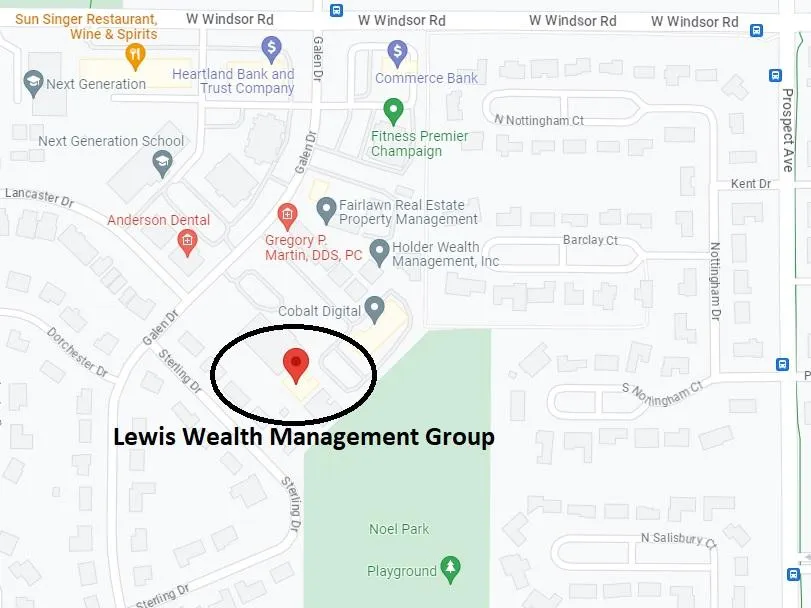
Teaching your Kids about Money
Just like tying shoelaces and riding bikes, managing money is a life skill that kids need to learn early on. In a world where cash is often a swipe or a click away, understanding the value of a dollar isn't just nice to have – it's downright essential. That's why the importance of teaching your kids about money cannot be overstated. It's not just about saving pennies; it's about equipping the next generation with the toolkit to make informed financial decisions. Let's explore how you can turn your little ones into mini money maestros!
The Foundation: Why Money Matters
You've probably heard the saying, "Money doesn't grow on trees," right? Well, kids need to know this, too! Teaching them the basics of money management is as crucial as teaching them healthy eating habits.
Setting the Stage for a Secure Future
Early Habits Stick: Learning to manage money from a young age can set the tone for lifelong financial habits.
Decision-Making Skills: Understanding the value of money helps kids make smarter choices about spending and saving.
Practical Money Lessons for Different Ages
For the Little Ones: Ages 3-6
Piggy Bank Basics: Start with a piggy bank to teach them about saving.
Play Store: Use pretend play to explain buying and selling.
School-Age Children: Ages 7-12
Allowance 101: Introduce an allowance to teach budgeting.
Goal-Setting: Encourage saving for specific goals like a new toy.
Teenagers: Ages 13-18
Bank Accounts and Cards: Open a savings account or a prepaid card to teach about banking.
Budget Projects: Involve them in family budgeting or planning vacations.
Making Money Fun: Gamification of Financial Learning
Apps and Games: Utilize educational apps and games to make learning about money engaging.
Chore Charts: Link chores to financial rewards to teach the value of hard work.
The Digital Money Dilemma
The Invisible Money Challenge
In a world where transactions are increasingly digital, money can seem like an abstract concept to kids. How do you teach them the value of money when it’s just numbers on a screen?
Solutions for a Digital World
Real Money Experiences: Let them handle cash for small purchases.
Digital Responsibility: Use digital allowances to teach online spending.
Common Pitfalls and How to Avoid Them
The Entitlement Trap: Avoid linking all chores to money to prevent a sense of entitlement.
Overspending: Set limits and teach them the consequences of overspending.
FAQs About Teaching Kids Money Management
When should I start teaching my child about money?
As soon as they start showing interest in money, usually around 3 years old.
How can I make budgeting exciting for my child?
Turn it into a game or a challenge with rewards for staying within the budget.
Should I pay my child for good grades?
That’s a personal choice, but it’s important to balance financial incentives with the intrinsic value of learning.
Involving Kids in Family Finances
Family Budget Meetings: Include them in discussions about household finances.
Saving for Vacations: Plan and save for family vacations together.
The Bigger Picture: Money and Values
Beyond Budgeting: Instilling Financial Values
Charity and Giving Back: Teach them the importance of philanthropy.
Understanding Needs vs. Wants: Help them differentiate between essentials and luxuries.
Conclusion: The Lifelong Impact of Early Financial Education
Teaching kids about money is more than just a lesson; it's a gift that keeps on giving. By instilling sound financial principles early on, we're not just preparing our kids to balance a checkbook; we're setting them up for a future of financial confidence and competence. Remember, the importance of teaching your kids about money is not just about numbers; it's about shaping responsible, informed future adults ready to take on the world. Let's make smart money moves and raise a generation of financially savvy individuals!
©2023 Lewis Wealth Management Group. All rights reserved.
Lewis Wealth Management Group
217-337-5584
2506 Galen Drive Ste 104
Champaign IL 61821
Check the background of your financial professional on FINRA's BrokerCheck.


